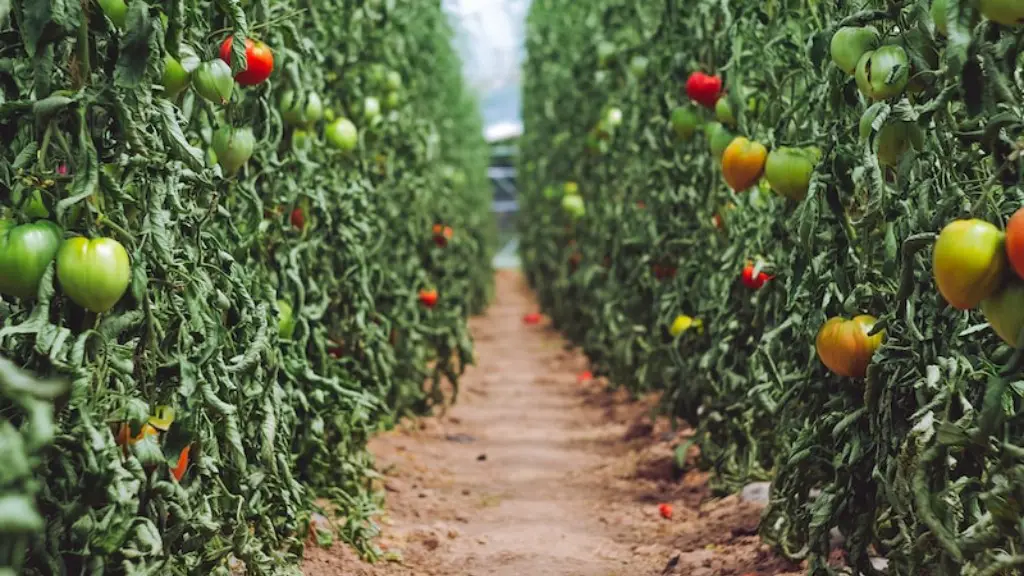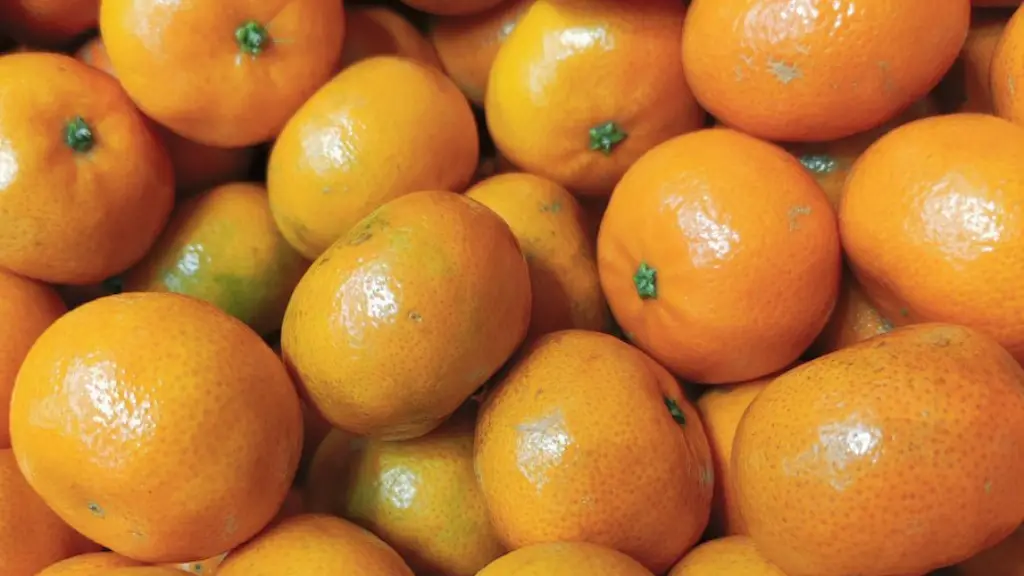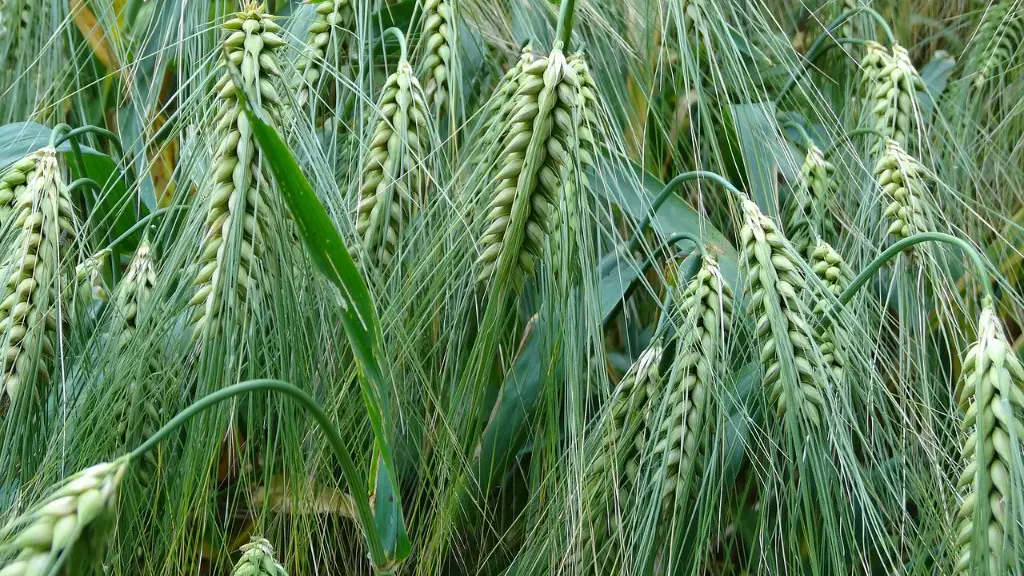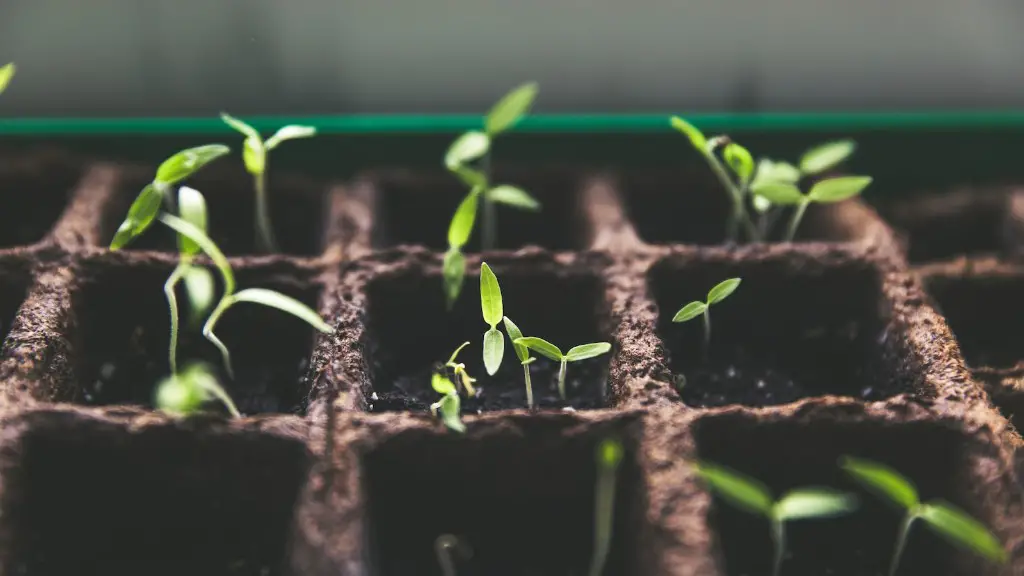Adjuvants in agriculture are chemicals that are added to pesticides, herbicides, and fertilizer to increase their effectiveness. The term “adjuvant” comes from the Latin word for “help.” Adjuvants help pesticides and herbicides to stick to leaves, make them spread more evenly, and improve their overall performance.
Adjuvants are substances that are added to agricultural chemicals, such as pesticides and fertilizers, to improve their performance.
What are adjuvants used for in agriculture?
Adjuvants are added to pesticides to improve the performance of the pesticide and/or the physical properties of the spray mixture. Adjuvants can improve the efficacy of the pesticide, reduce the amount of pesticide needed, improve the physical properties of the spray mixture (e.g., improve coverage, reduce drift, etc.), and/or improve the safety of the pesticide.
An adjuvant is any substance that enhances the activity of a pesticide. Adjuvants can improve the performance of a pesticide by increasing its efficacy, reducing its phytotoxicity, or improving its physical properties. surfactants, spreader stickers, crop oils, anti-foaming materials, buffering agents, and compatibility agents are all examples of adjuvants.
What are adjuvants in herbicides
An adjuvant is any substance in a herbicide formulation or added to the spray tank to improve herbicidal activity or application characteristics. Spray adjuvants are generally grouped into two broad categories–activator adjuvants and special purpose adjuvants.
Activator adjuvants increase herbicide activity by improving herbicide uptake or by enhancing herbicide activity on the plant. Common activator adjuvants include surfactants, spreaders, stickers, and wetters. Special purpose adjuvants are designed to improve herbicide performance in a specific way, such as by reducing evaporation or drift.
Surfactants are a class of adjuvant widely used with herbicides in corn and soybean production. They are used to enhance herbicide performance by reducing the surface tension of the spray solution, which allows for better coverage and penetration of the herbicide into the plant. Crop oil concentrates are another type of adjuvant used to improve herbicide performance. They are typically used in conjunction with surfactants and help to improve the spreading and wetting of the herbicide on the plant surface. Ammonium fertilizers are also used as adjuvants with herbicides to improve performance. Ammonium fertilizers help to improve the uptake of herbicides into the plant, which leads to better control of the target weed.
What is the most commonly used adjuvant?
Aluminum salts are a safe and effective vaccine adjuvant and have been in use for over 80 years. Aluminum salt adjuvants stimulate the immune system to produce more antibodies in response to a vaccine, resulting in improved efficacy. Aluminum salt adjuvants are also well tolerated, with a very low incidence of side effects.
An adjuvant is a substance that is added to a pesticide to improve its effectiveness. Most adjuvants are not required to be listed on pesticide product labels. If they are included in the mixture, they are considered “other/inert ingredients.”
What adjuvant to use with Roundup?
Glyphosate is the active ingredient in Roundup, a popular herbicide. Glyphosate is effective at killing weeds, but it is not very effective at penetrating plant cells. This is where Roundup’s main adjuvant, polyethoxylated tallowamine, comes in. Polyethoxylated tallowamine is a surfactant that helps glyphosate penetrate plant cells. This allows glyphosate to kill weeds more effectively.
Adjuvants are substances that are added to vaccines to increase their efficacy. They can be divided into two main categories: delivery systems and immune potentiators. Delivery systems help to transport the vaccine to the proper location in the body, while immune potentiators work to stimulate the immune system. Mucosal adjuvants are a type of adjuvant that can fall into either category.
What are the different types of agricultural adjuvants
Surfactants are one of the three primary adjuvant categories. They increase surface contact, reduce runoff, and increase leaf penetration.
Adjuvants help to increase the effectiveness of vaccines by stimulating the immune system to produce more antibodies. Aluminum salts are commonly used as adjuvants in vaccines, and have been shown to be safe for use in humans. Aluminum adjuvants have been used in vaccines for more than 70 years, and there is a large body of evidence supporting their safety and efficacy.
What is adjuvant give two examples?
Adjuvants are substances that are added to vaccines to increase their effectiveness. The most common adjuvants are aluminium salts, which stimulate the immune system to produce more antibodies against the viruses or bacteria in the vaccine. Other adjuvants that are sometimes used include squalene and MF59 (a combination of oils and surfactants).
Pesticides are always used in formulations as mixtures of an active principle with adjuvants. Glyphosate, the active ingredient of the major pesticide in the world, is an herbicide supposed to be specific on plant metabolism. Its adjuvants are generally considered as inert diluents.
Why are adjuvants sometimes added to pesticide formulations
An adjuvant is a substance that is added to a pesticide formulation to increase its effectiveness or safety. Adjuvants are often used to improve the performance of a pesticide, make it easier to apply, or reduce its toxicity. Adjuvants can be either organic or inorganic, and they are available in many different formulations.
Crop oil concentrates (COC) or methylated seed oils (MSO) should not be used with glyphosate. Past research has demonstrated that weed control is reduced when using COC or MSO instead of NIS.
How do adjuvants work?
An adjuvant is a substance that is used to increase the effectiveness of a medication or vaccine. Adjuvants may act by a combination of various mechanisms, including the formation of a depot, the induction of cytokines and chemokines, the recruitment of immune cells, the enhancement of antigen uptake and presentation, and the promotion of antigen transport to draining lymph nodes.
Adjuvants are substances that are added to vaccines to help enhance the vaccine’s effectiveness. The most common adjuvants used in vaccines are aluminum compounds, which help to increase the body’s immune response to the vaccine. Other adjuvants that are sometimes used include oil-in-water emulsions and lipids.
Final Words
Adjuvants are additives that are used in agriculture to improve the effectiveness of pesticides and other crop protection products.
Adjuvants are chemicals that are added to agricultural products to improve their performance. They can improve the efficacy of herbicides, pesticides, and fertilizers, and can also improve the yield and quality of crops. Adjuvants are an important part of modern agriculture and are essential for maximizing crop yields.





